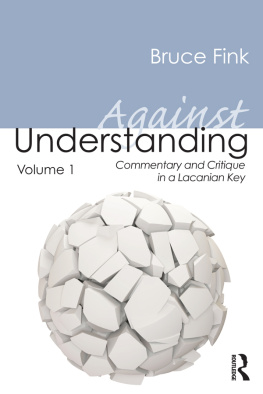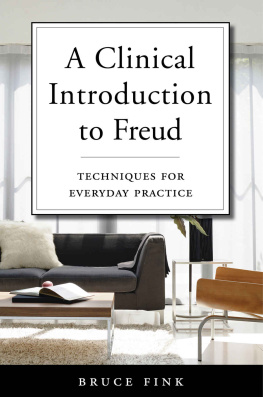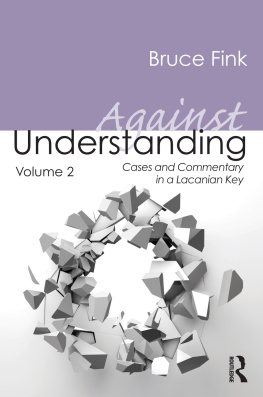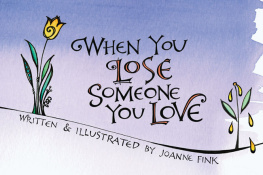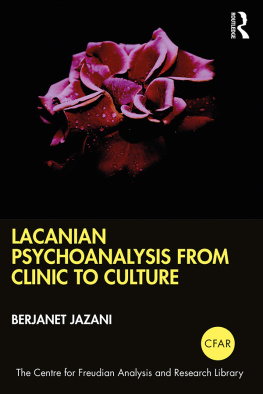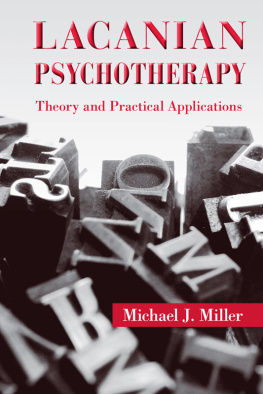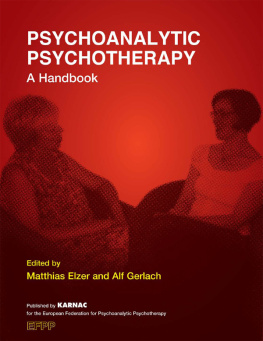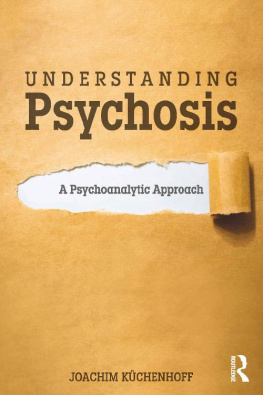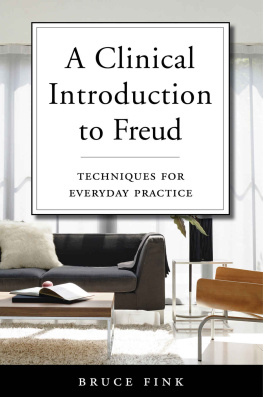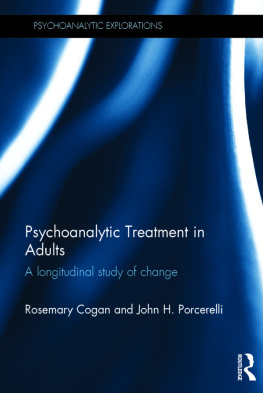Fink - Against Understanding, Volume 1: Commentary and Critique in a Lacanian Key
Here you can read online Fink - Against Understanding, Volume 1: Commentary and Critique in a Lacanian Key full text of the book (entire story) in english for free. Download pdf and epub, get meaning, cover and reviews about this ebook. City: London, year: 2014, publisher: Taylor and Francis;Routledge, Taylor & Francis Group, genre: Science fiction. Description of the work, (preface) as well as reviews are available. Best literature library LitArk.com created for fans of good reading and offers a wide selection of genres:
Romance novel
Science fiction
Adventure
Detective
Science
History
Home and family
Prose
Art
Politics
Computer
Non-fiction
Religion
Business
Children
Humor
Choose a favorite category and find really read worthwhile books. Enjoy immersion in the world of imagination, feel the emotions of the characters or learn something new for yourself, make an fascinating discovery.
- Book:Against Understanding, Volume 1: Commentary and Critique in a Lacanian Key
- Author:
- Publisher:Taylor and Francis;Routledge, Taylor & Francis Group
- Genre:
- Year:2014
- City:London
- Rating:4 / 5
- Favourites:Add to favourites
- Your mark:
Against Understanding, Volume 1: Commentary and Critique in a Lacanian Key: summary, description and annotation
We offer to read an annotation, description, summary or preface (depends on what the author of the book "Against Understanding, Volume 1: Commentary and Critique in a Lacanian Key" wrote himself). If you haven't found the necessary information about the book — write in the comments, we will try to find it.
Against Understanding, Volume 1, explores how the process of understanding (which can be seen to be part and parcel of the Lacanian dimension of the imaginary) reduces the unfamiliar to the familiar, transforms the radically other into the same, and renders practitioners deaf to what is actually being said in the analytic setting. Running counter to the received view in virtually all of contemporary psychotherapy and psychoanalysis, Bruce Fink argues that the current obsession with understanding on the patients part as well as on the clinicians is excessive insofar as the most essential aim of psychoanalytic treatment is change.
Using numerous case studies and clinical vignettes, Fink illustrates that the ability of clinicians to detect the unconscious through slips of the tongue, slurred speech, mixed metaphors, and other instances of misspeaking is compromised by an emphasis on understanding the why and wherefore of patients symptoms and behavior patterns. He shows that the dogged search for conscious knowledge about those symptoms and patterns, by patients and practitioners alike, often thwart rather than foster change, which requires ongoing access to the unconscious and extensive work with it.
In this first part of a two-volume collection of papers, many of which have never before appeared in print, Bruce Fink provides ample evidence of the curative powers of speech that operate without the need for any sort of explicit, articulated knowledge. Against Understanding, Volume 1 brings Lacanian theory alive in a way that is unique, demonstrating the therapeutic force of a technique that relies far more on the virtues of speech in the analytic setting than on a conscious realization about anything whatsoever on patients parts. This volume will be of interest to psychoanalysts, psychotherapists, psychiatrists, psychologists, social workers, and counselors.
Fink: author's other books
Who wrote Against Understanding, Volume 1: Commentary and Critique in a Lacanian Key? Find out the surname, the name of the author of the book and a list of all author's works by series.

